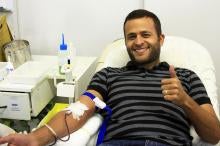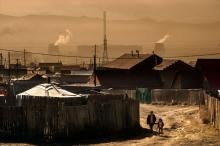Social medicine and the social sciences in Latin America: conceptual tensions for the transformation of public health in the 20th century
Original English article published by Oxford Research Encyclopedia of Global Public Health: https://doi.org/10.1093/acrefore/9780190632366.013.333















